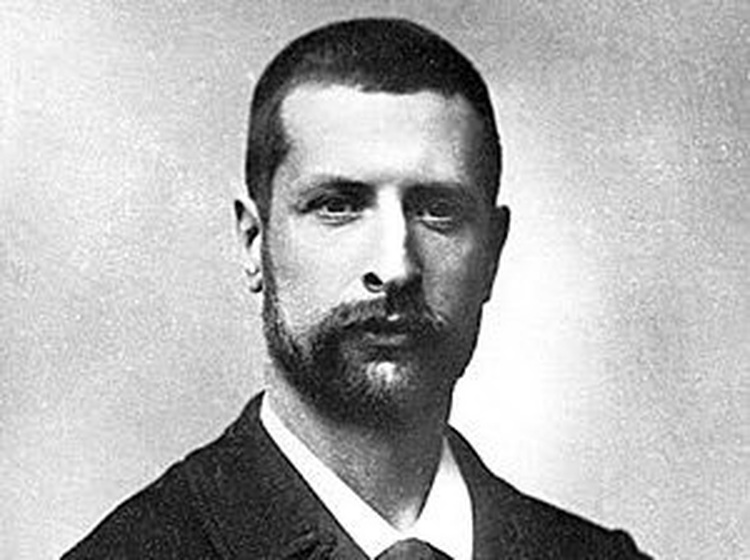
On the 150th birthday anniversary of the late French doctor Alexandre Emile Jean Yersin, Prime Minister Nguyen Tan Dung has agreed to the Justice Ministry’s proposal to posthumously confer the Honorary Citizen title on the late doctor as a way to honor his great contributions to Vietnam.
The late doctor was born on September 22, 1863 in Aubonne, Canton of Vaud, Switzerland, to a family originally from France. He was a Swiss and French physician and bacteriologist.
He is well remembered all over the world as the co-discoverer of the bacillus responsible for the bubonic plague or pest in 1894.
The doctor was credited in Vietnam for finding Liang Biang Plateau, the site for the town of Da Lat (300 km northwest of Saigon, now Ho Chi Minh City), in 1893.
He founded the Nha Trang Pasteur institute in 1895. Seven years later, he participated actively in the creation of the Medical School of Hanoi in 1902, and was its first director, until 1904.
He lived and worked for 50 years (1890-1943) in Nha Trang City, Khanh Hoa Province, where he was affectionately called Ông Năm (Mr. Nam/Fifth) by local residents.
In 1934, he was named honorary director of the Nha Trang Pasteur Institute and a member of its Board of Administration.
He died during World War II at his home in Nha Trang in 1943 and was buried in Suoi Dau, Dien Khanh District, Khanh Hoa Province. Yersin's house in Nha Trang is now the Yersin Museum.
After 1975, streets named in his honour kept their designation, and his tomb in Suoi Dau, Nha Trang was graced by a shrine where rites are still performed in his memory.
His tomb has been recognized as a relic of national level, and the epitaph on his tombstone describes him as a "Benefactor and humanist, venerated by the Vietnamese people".


Max: 1500 characters
There are no comments yet. Be the first to comment.